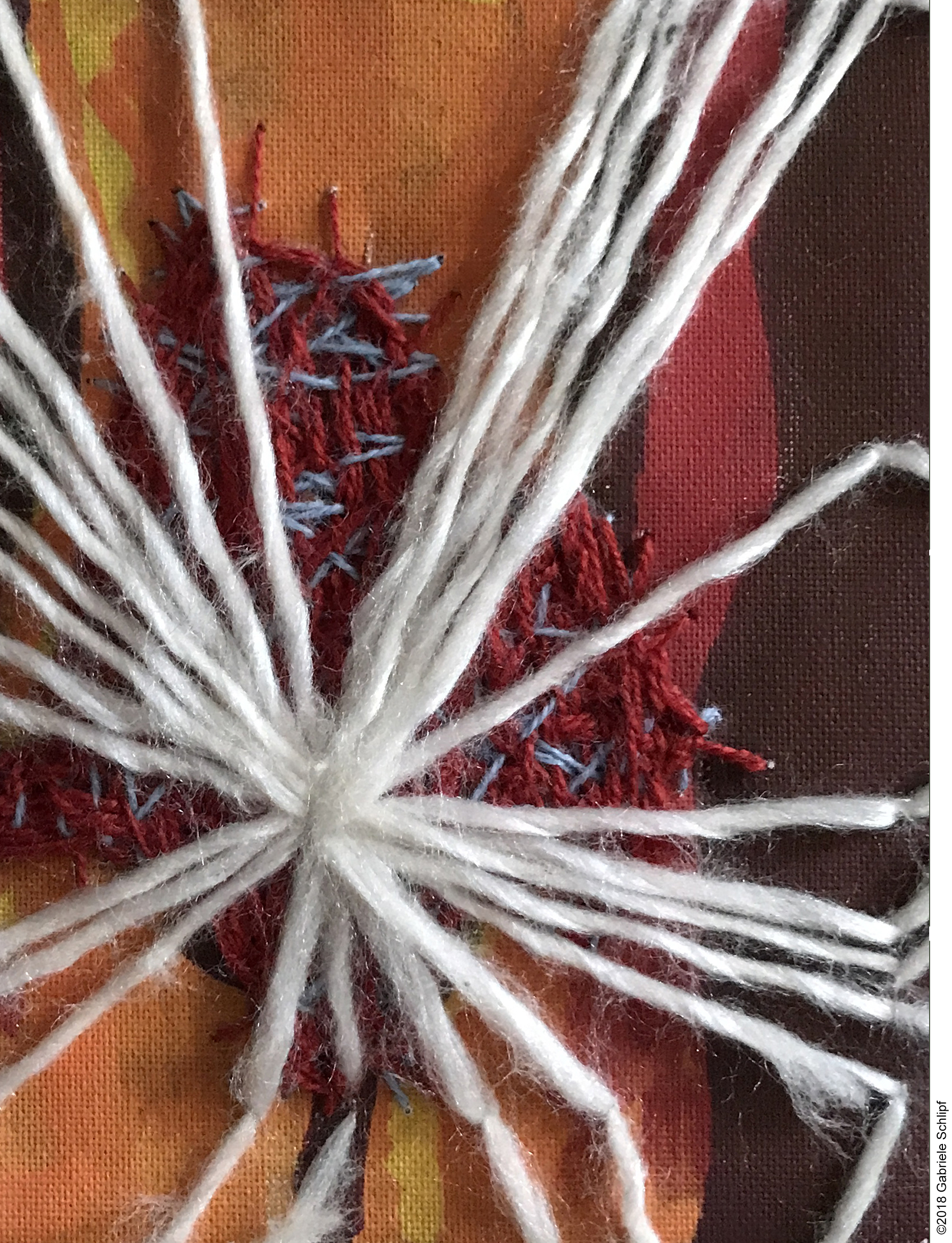The Extended Citizens’ Assembly Model for Collaborative Governance:
Co-creating a Shared Vision from the Basque Gipuzkoa Province
DOI:
https://doi.org/10.47061/jasc.v3i2.6127Keywords:
citizens’ assembly, capacity building, shared vision, frugal innovation, collaborative governanceAbstract
Based on data from two Citizens’ Assemblies and a year-long participatory action-research process, this article describes on-going attempts to shift the political culture towards collaborative governance in Gipuzkoa (Basque Country), Spain. Quantitative and qualitative evaluation data from a Citizens’ Assembly in 2022 suggest that such representative-deliberative processes might be transformative under some circumstances, increasing action confidence, building capacity and co-creating a shared vision of the future. Could it be that the increase in confidence is a side-result of the co-creation of a shared vision? The growing literature on the impact of standard Citizens' Assembly models is used to explore and refine this hypothesis. Research has uncovered some barriers to such an impact, such as outcome-contingency and difficulties to scale because limited resources. To tackle those problems, and help institutionalize existing Citizens’ Assemblies, a prototype for an Extended Citizens’ Assembly is presented. This model contributes to collaborative governance by facilitating online-onsite deliberation in a frugal way and further extending those transformative and visionary capacities that Citizens’ Assemblies and other experiments in democratic inquiry help to cultivate in cities and regions.References
Abels, G., Alemanno, A., Crum, B., Demidov, A., Hierlemann, D., Renkamp, A., Trechsel, A. (2022). Next level citizen participation in the EU. Institutionalising European Citizens’ Assemblies. Bertelsmann Stiftung.
Ansell, C. & Gash, A. (2007). Collaborative Governance in Theory and Practice. Journal of Public Administration Research and Theory, 8, 543–571. http://dx.doi.org/10.1093/jopart/mum032
Arantzazulab (2023). Lankidetzazko Gobernantza-mapa [Collaborative Governance Mapping]. http://arantzazulab.eus/ezagutzaataria/
Arrona, A. (2018). Research and multi-actor collaboration in territorial development policymaking [Doctoral dissertation, University of Deusto]. Deusto University Press. https://www.orkestra.deusto.es/images/investigacion/publicaciones/tesis/research-multiactor-collaboration-policymaking-basque-country.pdf
Azparren, P. (2013). Batzarrak, jatorrizko antolaketa [Assemblies, original organization]. Patxi Azparren Olaizola.
Barandiaran, X., Canel, M. J. & Bouckaert, G., (Eds.) (2023). Building collaborative governance in times of uncertainty: Pracademic lessons from the Basque Gipuzkoa Province. Leuven University Press.
Bhatti, Y., Basu, R., Barron, D. & Ventresca, M. (2018). Frugal innovation: models, means, methods. Cambridge University Press.
Casado, A. (2022). Casa de cambios. Activar capacidades transformadoras siguiendo a Henry D. Thoreau, Martha Nussbaum y Otto Scharmer [House of change. Activating transformative capacities following Henry D. Thoreau, Martha Nussbaum and Otto Scharmer]. NED Press.
Casado, A. (2023). Foreword. In B. Gandiaga (Ed.), Basque wine, or the art of frugal innovation (pp. 3–11). Jakin – UPV/EHU.
Casado, A., Pérez, L., Carbayeda, L., & Garmendia, A. (2023). Tolosako Herritarren Batzarra. Ebaluazio txostena [Evaluation Report of the Tolosa CA]. UPV/EHU.
Dewey, J. (1922). Human nature and conduct: An Introduction to social psychology. Henry Holt and Company.
DiSalvo, C. (2022). Design as democratic inquiry. MIT Press.
Engle, J., Agyeman, J., & Chung-Tiam-Fook, T. (2022). Imagine shaping cities as if people, land, and nature were sacred. In J. Engle, J. Agyeman & T. Chung-Tiam-Fook (Eds.), Sacred civics: Building seven generation cities (pp. 3–32). Routledge.
Fantasia, V., De Jaegher, H. & Fasulo, A. (2014). We can work it out: An enactive look at co-operation. Frontiers in Psychology: Cognitive Science, 5. https://doi.org/10.3389/fpsyg.2014.00874
Gandiaga, B. (1991). Hiru gizon bakarka (2nd ed.) [Three men alone]. Elkar.
Maturana, H. R., & Varela, F. J. (1980). Autopoiesis and cognition: The realization of the living. D. Reidel Publishing Company.
Mitchell, A. S. (2021). Rethinking theories of change in the light of enactive cognitive science. Systems Research and Behavioral Science, 38(4), 448–458. https://doi.org/10.1002/sres.2678
Organization for Economic Cooperation and Development. (2020). Innovative citizen participation and new democratic institutions: Catching the deliberative wave. OECD-library. https://doi.org/10.1787/339306da-en
Pilet, J. B., Bol, D., Vittori, D., & Paulis, E. (2023). Public support for citizens' assemblies selected through sortition: Evidence from 15 Countries. European Journal of Political Research, 62(3), 873–902. https://doi.org/10.1111/1475-6765.12541
Pomeroy, E., and Oliver, K. (2020). Action confidence as an indicator of transformative change. Journal of Transformative Education, 19(1), 68–86. https://doi.org/10.1177/1541344620940815
Rawls, J. (1993). Political Liberalism. Columbia University Press.
Romeo, N. (2022, August 7). How Mondragon became the world’s largest co-op. The New Yorker. https://www.newyorker.com/business/currency/how-mondragon-became-the-worlds-largest-co-op
Scharmer, C. O. (2009). Theory U: Learning from the future as it emerges. Berrett- Koehler Publishers.
Scharmer, C. O. (2018). The essentials of Theory U. Berrett- Koehler Publishers.
Senge, P. M. (1990). The fifth discipline: The art & practice of the learning organization. Doubleday.
Senghor, A. S., & Racine, E. (2022). How to evaluate the quality of an ethical deliberation? A pragmatist proposal for evaluation criteria and collaborative research. Medicine, Health Care and Philosophy, 5, 309–326. https://doi.org/10.1007/s11019-022-10091-2.
Sinek, S. (2019). The Infinite Game. Penguin.
Taylor, C., Nanz, P., & Taylor, M. B. (2020). Reconstructing democracy. How citizens Are building from the ground up. Harvard University Press.
Temper, L., McGarry, D. & Weber, L. (2019). From academic to political rigour: Insights from the ‘Tarot’ of transgressive research. Ecological Economics 164, 106379. https://doi.org/10.1016/j.ecolecon.2019.106379
Tolosa Town Council (2022). Tolosako Herritarren Batzarra. Informazio Kit-a. [Citizens' Assembly of Tolosaki. Information Kit]. https://aktibait.eus/bloga/tolosako-herritarren-batzarra-ebaluazioa-txostena/
Tolosa Town Council (2023). Tolosako herritarren batzarra [Citizens' assembly of Toulouse]. https://partaidetza.tolosa.eus/es/detalle/-/visualizarProcesos/detail/viewPhases/123
Udoewa, V. (2022). Radical participatory design: Awareness of participation. Journal of Awareness-Based Systems Change, 2(2), 59–84. https://doi.org/10.47061/jasc.v2i2.3816
Downloads
Published
Versions
- 2023-11-30 (2)
- 2023-11-30 (1)
How to Cite
Issue
Section
License
Copyright (c) 2023 Antonio Casado da Rocha

This work is licensed under a Creative Commons Attribution 4.0 International License.


